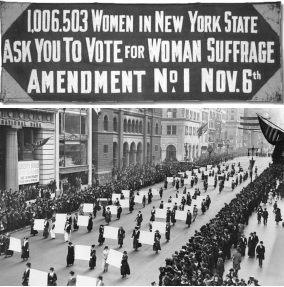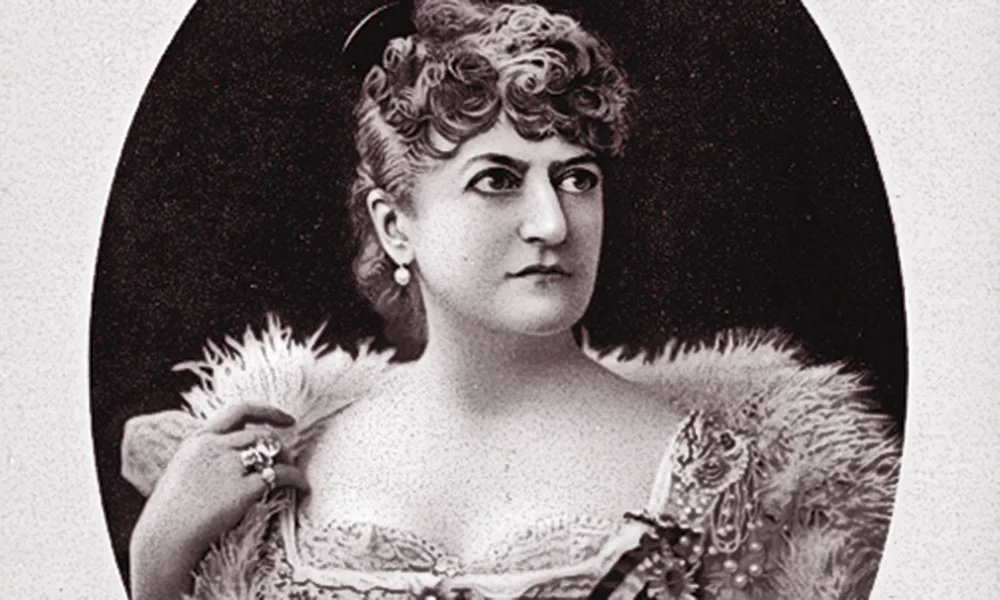Woodrow Wilson: “Our Pious President”
By Margaret A. Brucia
On June 16, 1915, Julia Gardiner Gayley dined with her friend Elizabeth Lovett at Lucy Frelinghuysen’s summer house on Mt. Desert Island in Maine. Less than six weeks earlier, a German U-boat had torpedoed the Lusitania, a British luxury liner, off the southern coast of Ireland, killing nearly 1,200 people, including 128 Americans. President Woodrow Wilson, two years into his first term, clashed with his Secretary of State, William Jennings Bryan, over how America, clinging to neutrality, should deal with Germany in the aftermath of the disaster. Bryan, a pacifist, refused to back the strict demands Wilson imposed on the Germans. A week before Julie’s evening at Lucy’s, Bryan resigned from office in protest, weakening Wilson’s bargaining position during an international crisis. Bryan’s action not only fractured the Democratic Party, but sowed further doubts among pro-intervention Republicans, like Julie, about the Democrats’ ability to lead an America threatened by war.
This is the latest in a series of posts based on the letters of the New York socialite, Julia Gardiner Gayley (1864-1937), to her eldest daughter, Mary Gayley Senni (1884-1971), a countess who lived on the outskirts of Rome. In 2010, the author purchased a trove of the letters in a Roman flea market. This mother-daughter correspondence spanned the years 1902-1936 and provides an intimate and unfiltered view of life in New York during the early twentieth century.
Read More









